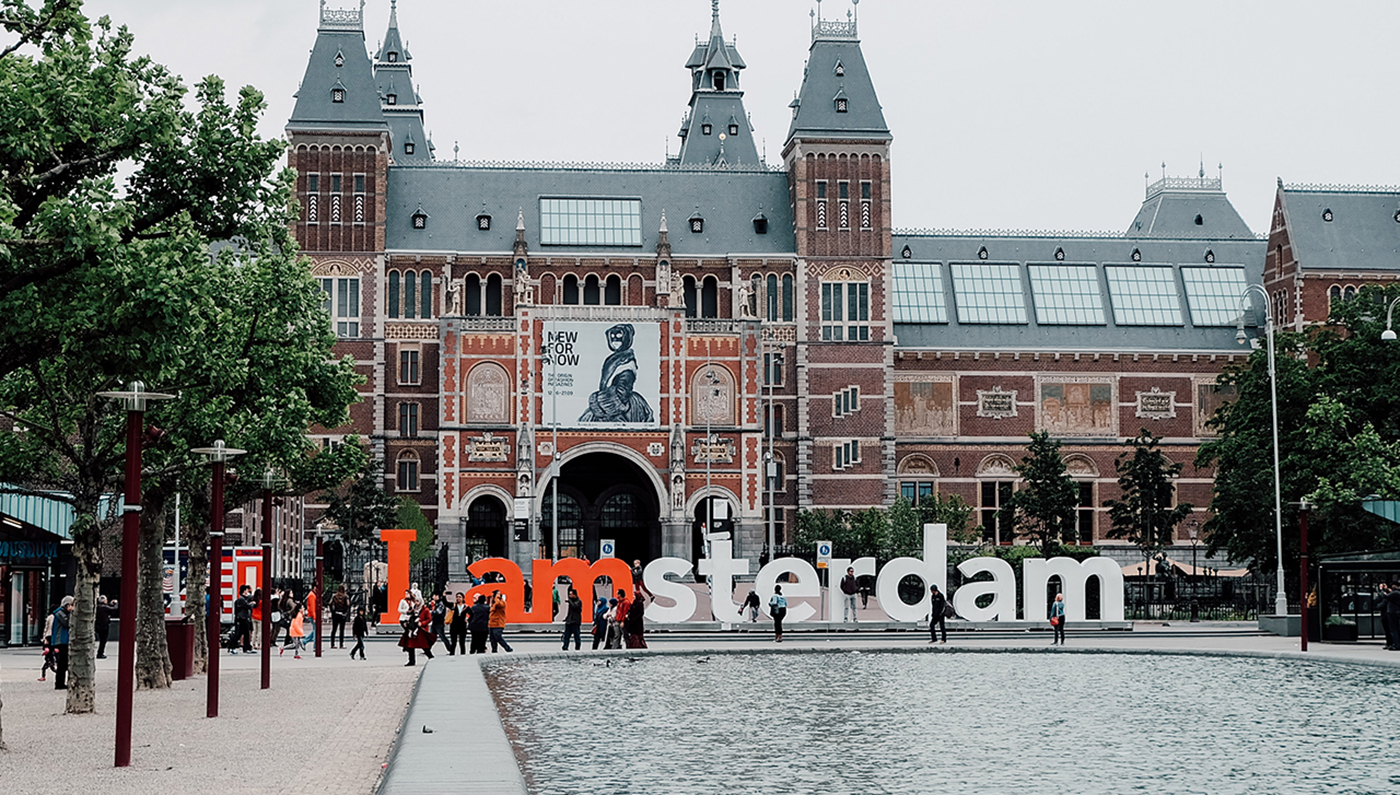 The measurement of the success of corporate real estate and the workplace is moving from financial metrics to those focused around employee experience. While traditional metrics such as total occupancy cost and ROI will continue to play a key part in how CRE functions are measured, a broader range of metrics are becoming increasingly important. These are focused on human experience – particularly employee engagement, health and wellbeing – innovation and digital technology.
The measurement of the success of corporate real estate and the workplace is moving from financial metrics to those focused around employee experience. While traditional metrics such as total occupancy cost and ROI will continue to play a key part in how CRE functions are measured, a broader range of metrics are becoming increasingly important. These are focused on human experience – particularly employee engagement, health and wellbeing – innovation and digital technology.
That was the message from a host of speakers at this week’s CoreNet Global Summit which saw more than 600 attendees from 35 countries descend on Amsterdam for the three-day event.
Marie Puybaraud showcased JLL’s latest research revealing that traditional drivers – cost, space efficiency and capital minimisation – are rapidly losing ground to new drivers including employee experience, productivity, innovation and technology capabilities. More than half of the 500 CRE directors Puybaraud spoke to put employee experience as their number one concern.
While CRE costs have always been an area of board focus, supporting the people agenda – particularly attraction, retention, engagement and productivity – is a key way for CRE to demonstrate its value to the board, said Puybaraud. “
Measuring employee experience is the key focus of workplace experience assessor Leesman, which has data from more than 6000,000 employees worldwide. Dr. Peggie Rothe explained that the employee workplace experience clusters into three distinct areas: doing – whether the workplace supports getting the work done; seeing – whether the workplace has a positive impact on corporate image and sustainability; and feeling – whether the workplace supports pride and culture within the organisation. “An outstanding workplace experience supports all three,” she said.
In her latest research project presented at the summit, Rothe set out the 13 super drivers which impact on employee experience across all three areas. These include: individual focused work desk based; planned meetings; learning from others; thinking/ creative thinking; relaxing/ taking a break; informal work areas/ break out zones; noise levels; meeting rooms; desk; general décor; general tidiness; refreshments; and toilets. “If an organisation focuses on these areas then our research shows that they are close to creating a strong employee experience,” Rothe concluded.
The problem of measurement was raised throughout the two days and many speakers acknowledged that some measurements are wishful thinking at the moment. Others proposed innovative ways to measure areas such as happiness, stress levels, concentration, creativity and productivity.









